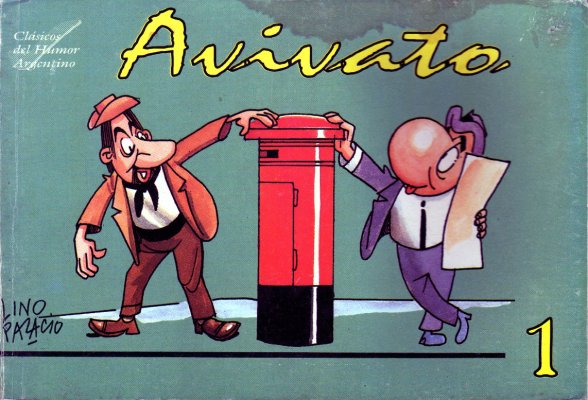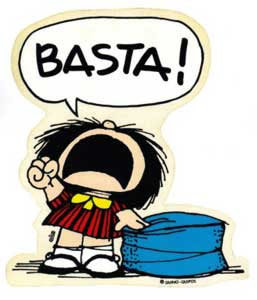

Our ultra-moralistic take on the game can, rather haughtily, be held up as the 'right' way to do things. Written in the form of realist fiction, the picaresque novel is packed with anti-establishment, subversive sentiment whereby the 'picaro' – effectively a working-class hero – deftly sidesteps responsibility and defies 'the man', relying on the one resource in their possession: their wit. To understand viveza criolla, one must work backwards to 16th-century Spain and the 'picaresque' literary tradition.

Ostensibly an anathema to the British principle of fair play, viveza criolla is not just the root of diving and theatrics, but the artistry and invention associated with South American footballers. Archetti, encourages a "capacity to cheat where necessary". Loosely translated as 'native cunning', viveza criolla is the art of roguish deception a special form of smartness that, in the words of anthropologist Eduardo P. After all, it already had its own it already had ' viveza criolla'. Latin America may have had an appetite for a new sporting pastime, but it had no interest in an unfamiliar set of cultural values. While the former attracted a modest following from local Anglophiles, the latter caught the imagination the beautiful game soon spread across the River Plate and beyond.įootball's rules and regulations would quickly take root, but the Corinthian virtues that accompanied the game did not follow suit. Searching for a taste of home, such burgeoning institutions enabled the new arrivals to socialise with other Brits and stage games of cricket, and later football. Just as in Italy, British ex-pats brought football to the region by founding embryonic sports clubs in Argentina. READ MORE: Should Diving Be Considered an Art Form? Instead, we have a familiar and unproductive consensus that it's morally unacceptable.īut, to play devil's advocate, is it right to be so dismissive of diving? What if, by assigning moral significance to it, we're just looking at it the wrong way? To find the answer to these questions, we must turn towards Latin America. Our response to diving is so reflexive that it permits no discourse on the topic – and certainly no dissenting mainstream voices. Invariably viewed as abhorrent, diving's brand has remained uniquely toxic in Britain despite its re-launch as 'simulation'. But if pre-match pizza and post-match gateaux have been replaced by more enlightened practices, there remains one foreign export that will never be tolerated here: diving. By opening up our footballing borders, the Premier League has become the intersection of graft and flair, a place where Karl Henry meets Thierry Henry, where route-one and rabonas can co-exist peacefully.


 0 kommentar(er)
0 kommentar(er)
